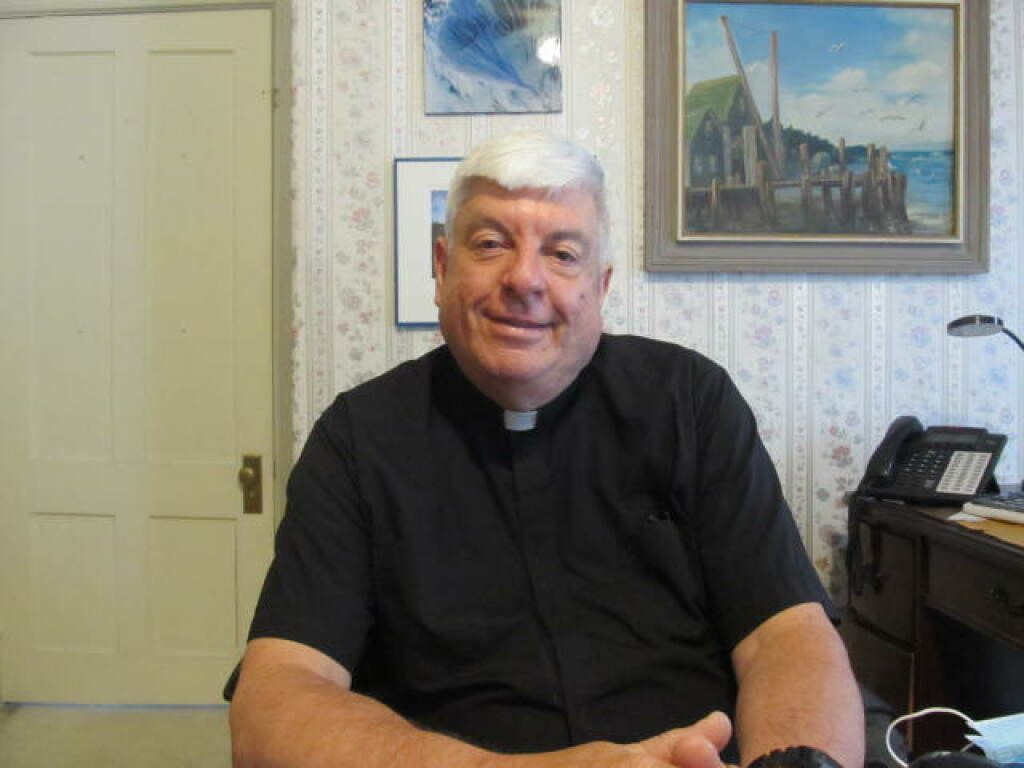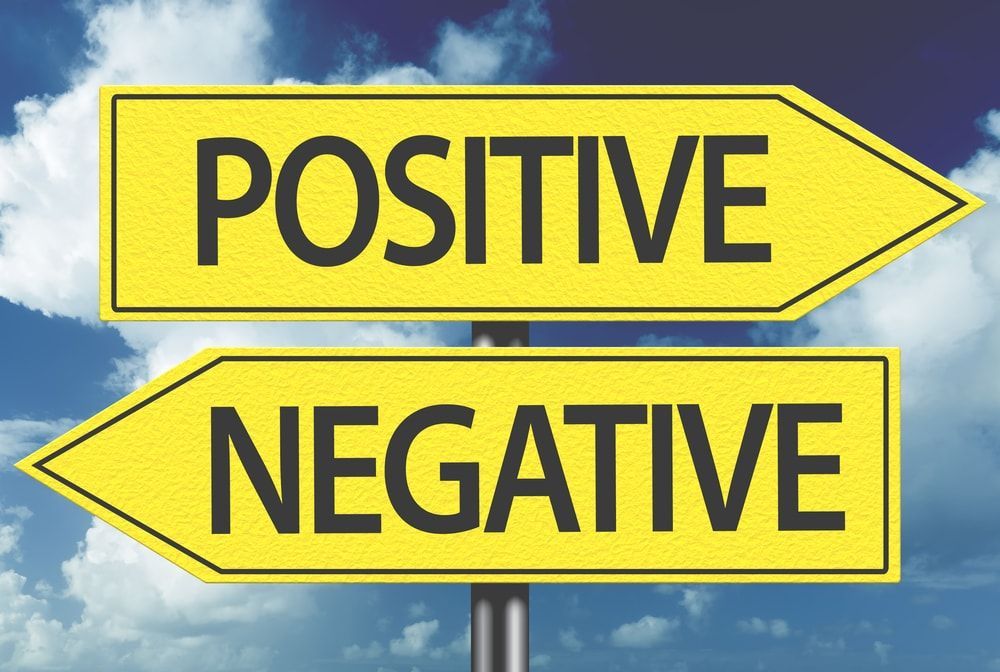 Homily for the Twenty-third Sunday in Ordinary Time
Homily for the Twenty-third Sunday in Ordinary Time
September 5, 2021
Am I my brother’s (and sister’s) keeper?
Let me begin with a story….A woman was standing on a curb, waiting for the traffic light to change. On the opposite curb was a girl about 17 years old. The woman noticed that the girl was crying.
When the light changed, each started across the street. Just as they were about to meet, the woman’s motherly instincts came rushing to the surface. Every part of her wanted to reach out and comfort that girl. But the woman passed her by. She didn’t even greet her; she just kept going.
Hours later the tear-filled eyes of that girl continued to haunt that woman. Over and over she said to herself, “Why didn’t I turn to her and say, ‘Can I be of help?’ Sure, she might have rejected me, but so what! Only a few seconds would have been enough to let her know that someone cared for her. Instead, I passed on by. I acted as if she didn’t exist.”
What do you think? Was the woman being hard on herself? Did she really have to reach out to a perfect stranger? Why did her conscience torment her? Should she have said or done something? What would you do?
Let me share another story, this time from a young priest…. It was a couple days after Easter and our priest was exhausted. The last thing he wanted to hear was that he had a visitor.
Before he had a chance to respond, a young woman had been let in, and there she was at the door of his office. She asked if they could talk. The priest’s voice said, “Certainly!” but his heart begged him to take off for the day and rest.
At any rate, he sat down to talk with the stranger and listen to her story. Her story was long and it was heartbreaking. And when the priest realized how much more difficult the story was to tell than for him to hear it, he forgot his other plans, and started to listen with his whole heart and soul.
Afterward, he thought to himself, that young woman left the office some time later, still carrying her problems with her. But she also left knowing that she was not alone and that someone thought she was important enough to hear her out.
Now, let’s take a look at our gospel reading. First, we are told that “people” brought to Jesus a deaf person who also had a speech impediment. Evidently, having heard about Jesus’ ability to heal, the text says they “begged him to lay his hands on him.” I don’t imagine it was a huge crowd that brought the man, but probably a few close friends or neighbors who cared enough about the man to want to do something that could possibly help him. I admire them for their compassion and I love the idea that there was a sense of a loving community there. Unlike Cain in the first part of the Bible, who is confronted by God about his brother’s murder, unlike Cain, who responded, “Am I my brother’s keeper?”—these friends replied, “Yes! We definitely are our brother’s keepers!” Isn’t that a beautiful thing?
And then, notice what Jesus does. There’s this huge crowd that is waiting for Jesus to speak and teach, to pray and respond to their needs, and what does Jesus do? He drops everything, takes the deaf man away from the crowd, and gives him his total attention. The world waits, yet Jesus has time for and gives his attention to one poor deaf man.
Both the friends who brought the man and Jesus pay attention to the man, and he is given a new lease on life. That’s what happens when we make ourselves consciously present to each other. It’s as if we resurrect people, give them new life, and bring them new hope.
Just the other day someone asked me if it felt strange for me to be a priest in this community, in my own home town. They wondered if it felt awkward. I said no. It was the people of this town who supported and encouraged me. Teachers in this town gave me an excellent education. Neighbors befriended me. My parish helped to bring me to Jesus. The people of this town shaped my life and cheered me on.
Community is important. That’s why it’s so disheartening to see such division in our politics and in our society. Certainly, individuals will have differing opinions and convictions, but that doesn’t make us enemies. That doesn’t give us the right to hate and harm those who are different from us. Instead of throwing stones or grenades at each other, we might learn from the example of the friends of the deaf man, who wanted only what was good for him. And, of course, we can learn from the example of Jesus, who gave his full and undivided love and attention to anyone who needed him.
As food for thought, you may wish to consider Cain’s question to God. Am I my brother’s, my sister’s, my neighbor’s keeper? What is my obligation to my brothers and sisters in the community?
You might also like
Father's Homilies




